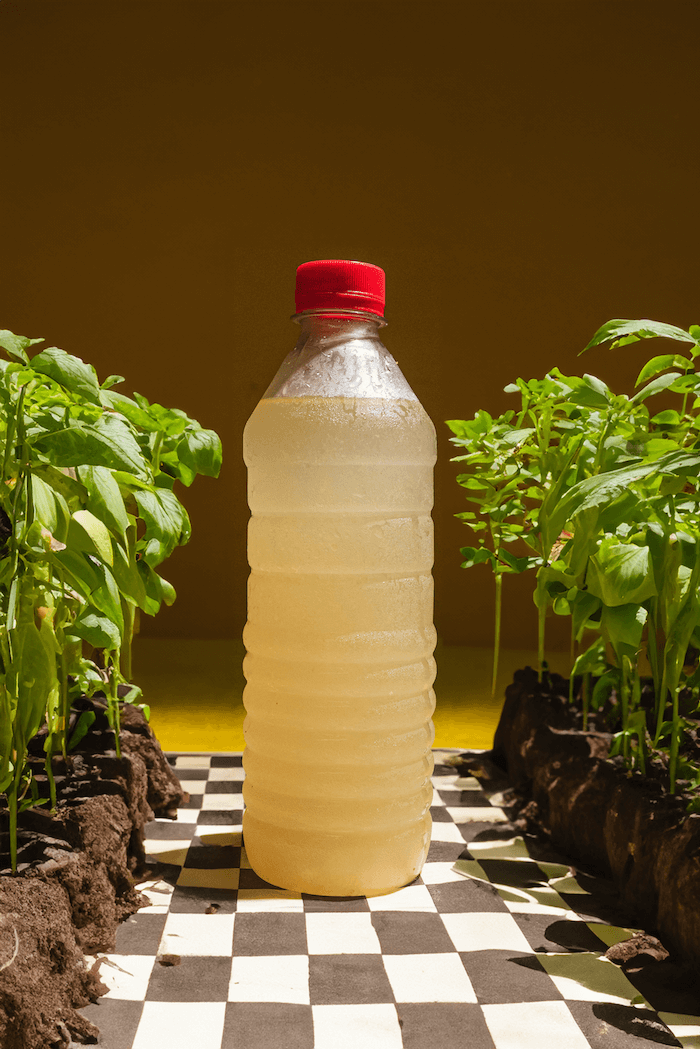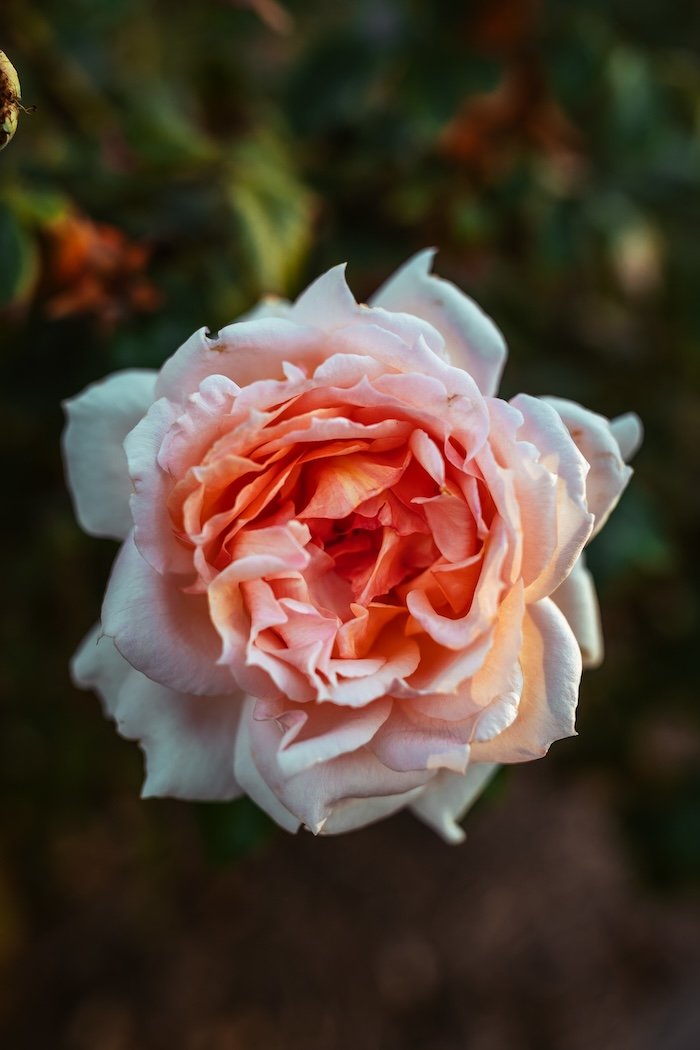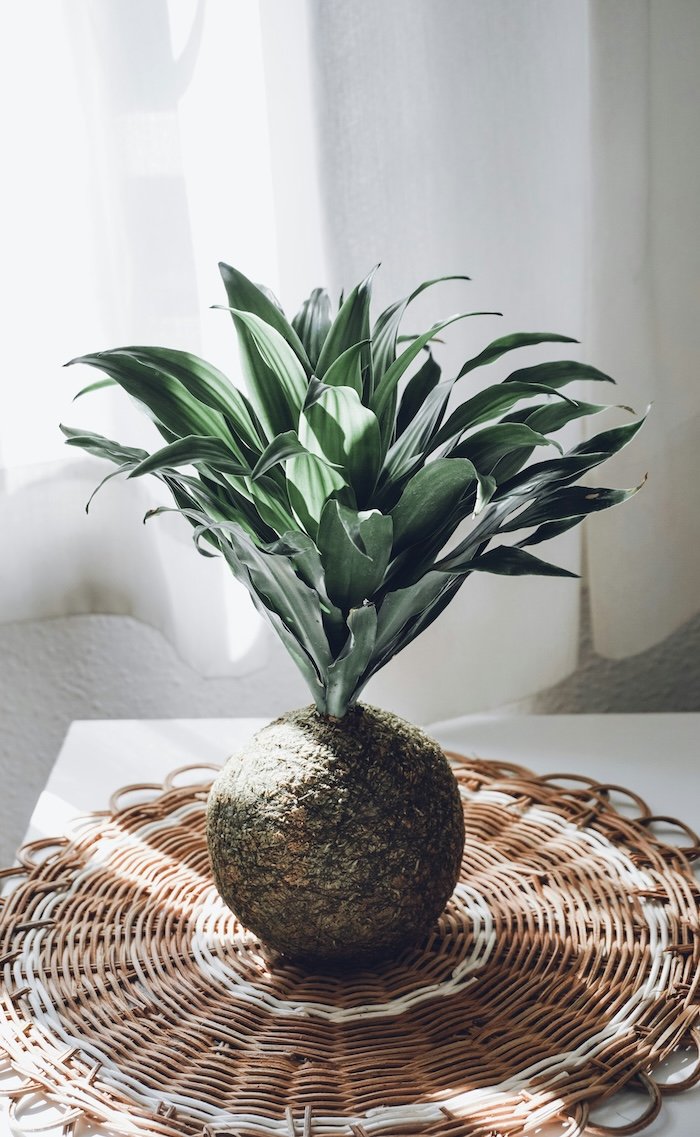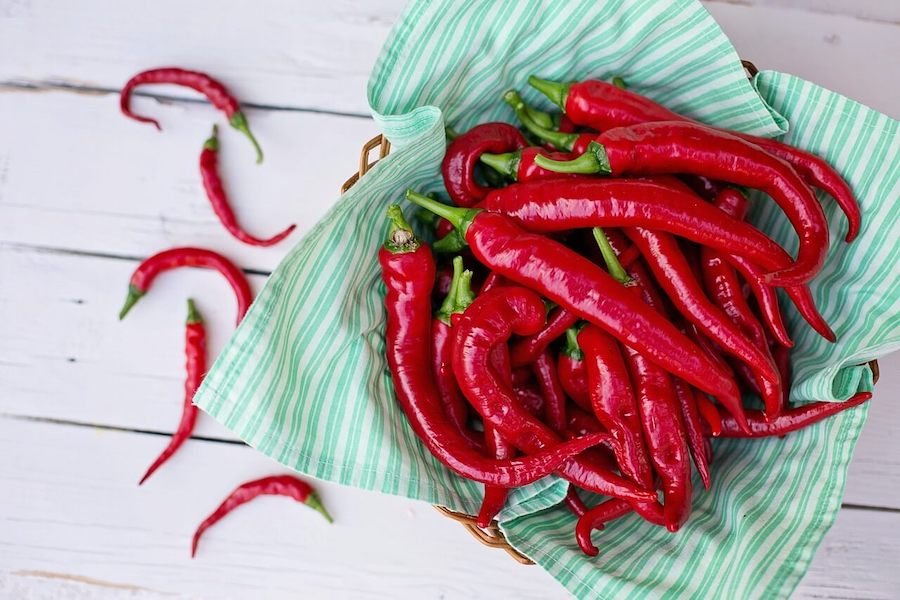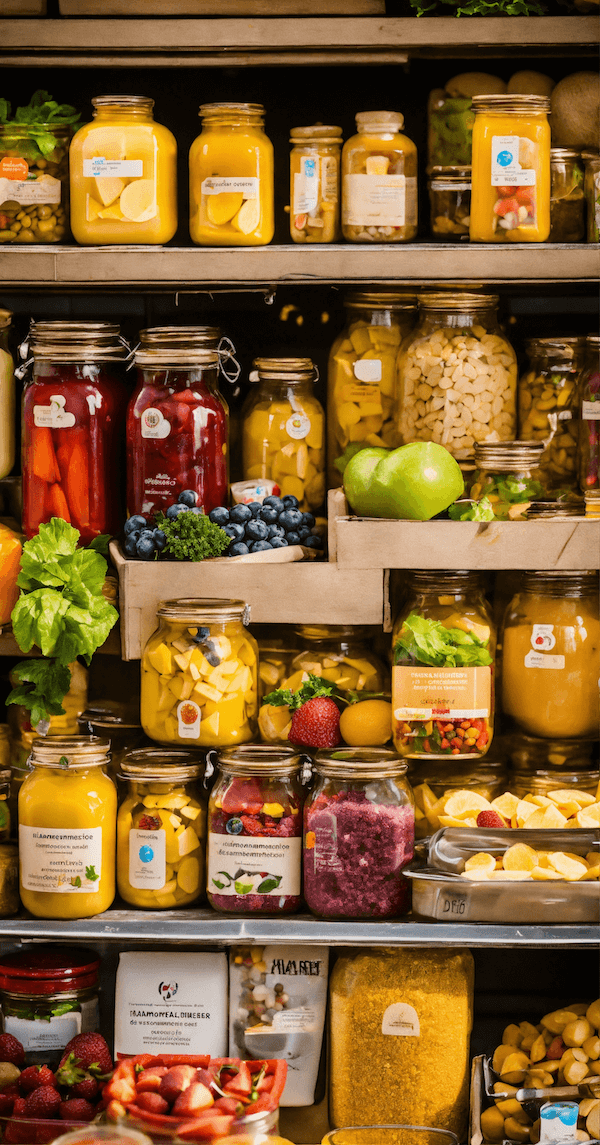Illuminate Your Home: The Benefits of a Tallow Candle
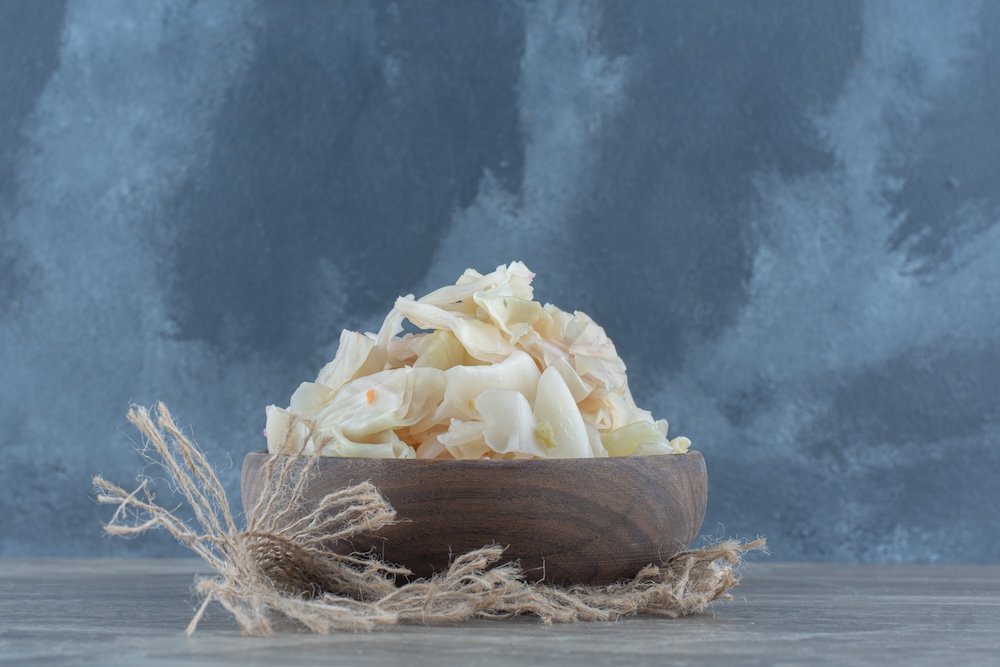
We’re taking a look at tallow candles. These aren’t just some old-fashioned thing; they’ve been around forever, lighting up homes and playing a part in history. From ancient times to now, a tallow candle has been more than just a light source. We’ll explore where they came from, what they mean in stories, and even how making them can be a cool hobby. We’ll also talk about some of the tricky parts, like where the fat comes from, and give you some tips on how to make your own tallow candle burn well. It’s pretty interesting stuff, honestly.
Key Takeaways
- Tallow candles have a long history, showing up everywhere from ancient Rome to the Industrial Revolution, proving they were a big deal for lighting.
- In books, a tallow candle often means something more, like hope or a way to see things clearly, as seen in classic stories.
- Making a tallow candle is a good hobby because it uses a natural material, lets you be creative, and can be pretty relaxing.
- To get the best burn from your tallow candle, you need to pick the right wick, trim it often, and keep the candle away from drafts.
- There are some real talks to have about using animal fat for candles, like if it’s good for the planet and if animals are treated well, but there are also other options out there.
Tallow Candles: Shining a Light on Key Moments in History
For ages, before electricity, tallow candles were the light source. They weren’t just practical; they played a part in shaping history. Let’s look at some key moments where these candles made a difference.
The Roman Empire: An Early Adoption
The Romans were early adopters of tallow candles. They used them everywhere – in homes, shops, and public spaces. These candles helped keep things running smoothly in a busy empire. Imagine trying to manage a vast empire without decent lighting! It’s thanks to the homesteading lifestyle that we can appreciate the simple things in life.
The Middle Ages: Illuminating Monastic Life
Monks relied heavily on tallow candles during the Middle Ages. They needed light to read and copy important texts. Without these candles, preserving knowledge would have been much harder.
Candles weren’t just about seeing in the dark; they were about preserving culture and learning. They allowed monks to continue their work late into the night, ensuring that ancient wisdom wasn’t lost.
The Industrial Revolution: Lighting the Path to Progress
Even during the Industrial Revolution, when new technologies were emerging, tallow candles were still important. Factories and mines needed reliable light, and candles provided it. They were a portable and dependable source of illumination, even as gas and electric lights started to appear. It’s amazing how something so simple could remain so useful during such a period of change. The candle making industry was booming during this time.
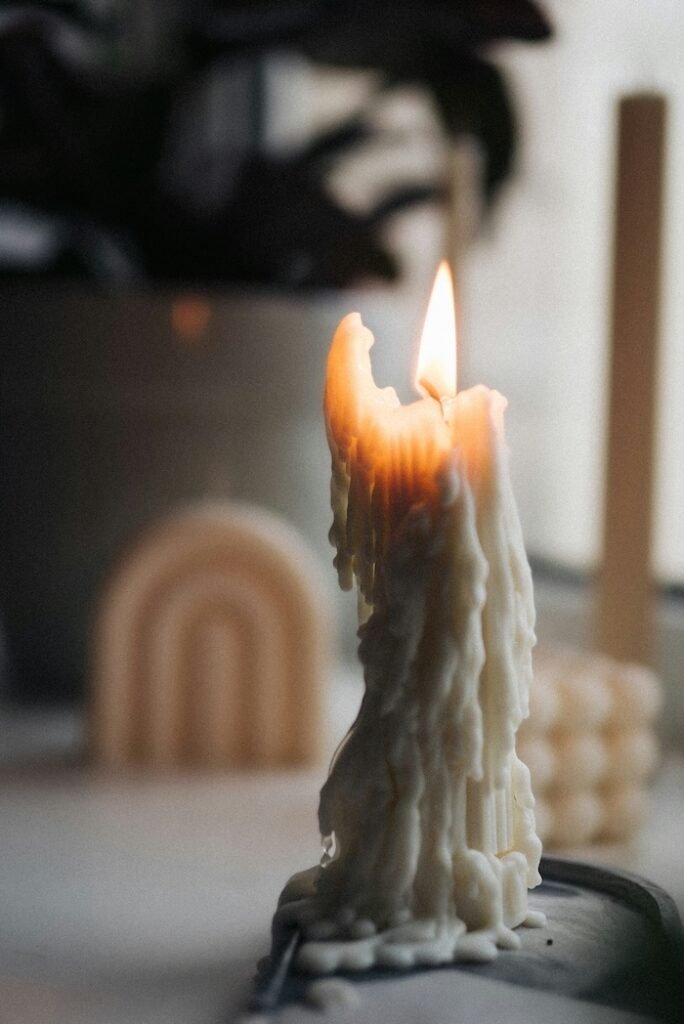
Literary Luminescence: The Symbolism of Tallow Candles in Literature
Tallow candles, beyond their practical use, have flickered their way into the pages of literature, becoming potent symbols. We often find them representing more than just a source of light; they embody themes of hope, guidance, and even the fragility of life. Let’s explore how these humble illuminators have been used by some of the greatest writers.
Flickering Hopes: The Tallow Candle in Charles Dickens’ “A Christmas Carol”
In Dickens’ A Christmas Carol, the tallow candle isn’t just a light source; it’s a symbol of something much deeper. The candle’s dim light mirrors Scrooge’s miserly spirit and the potential for his transformation. It highlights the stark contrast between the warmth he could provide and the coldness he chooses to embody. The flickering flame represents the hope that even the most hardened heart can be softened, a central theme in the story. The historical perception of darkness is challenged by the candle’s presence.
Guiding the Way: Tallow Candles in Jane Austen’s “Pride and Prejudice”
Austen uses tallow candles in “Pride and Prejudice” to represent clarity and guidance. Candlelight illuminates not just rooms, but also the characters’ paths to understanding each other. It’s a metaphor for how they navigate the complex social expectations and personal growth of the time.
The soft glow of candlelight in Austen’s world often signifies moments of revelation, where characters see each other, and themselves, in a new light. It’s a subtle yet powerful way to underscore the importance of understanding and empathy.
A Beacon of Knowledge: Tallow Candles in Umberto Eco’s “The Name of the Rose”
In Eco’s “The Name of the Rose”, set in a medieval monastery, tallow candles are essential for reading and intellectual exploration. They symbolize the pursuit of knowledge and enlightenment in a time when access to light, and therefore information, was limited. The candles are not just functional; they represent the dedication to preserving and disseminating knowledge. Consider these points:
- Candles enable the monks to study ancient texts.
- The limited light emphasizes the value of each word.
- The flickering flame mirrors the fragile nature of knowledge itself.
The Fading Flame: Tallow Candles in Emily Brontë’s “Wuthering Heights”
Brontë uses tallow candles in “Wuthering Heights” to symbolize the passage of time and the frailty of life. As the candle burns down, it mirrors the turbulent emotions and fleeting nature of human relationships in the novel. The fading flame represents:
- The ephemeral nature of love and happiness.
- The inevitable decline and decay of life.
- The contrast between light and darkness, hope and despair.
| Symbol | Meaning |
|---|---|
| Fading Flame | Passage of time, frailty of life |
| Dim Light | Turbulent emotions, fleeting relationships |
| Wax Melting | Inevitable decline and decay |
The candle’s eventual extinguishing symbolizes the ultimate end of life and relationships.
Addressing the Ethical Dilemma: Animal Fat Use in Candle Production
As much as we love the warm glow and historical charm of tallow candles, it’s impossible to ignore the ethical questions that come with using animal fat. It’s a conversation we need to have, looking at the impact on the environment and animal welfare, and considering if there are better ways to get that cozy candlelight.
Sustainability: Evaluating the Environmental Impact
When we talk about sustainability, tallow candles present a mixed bag. On one hand, they’re made from a byproduct of the meat industry, which means we’re using something that might otherwise go to waste. It’s a form of repurposing, which sounds good in theory. However, we can’t ignore the bigger picture. The environmental impact of livestock farming is significant, contributing to greenhouse gas emissions and deforestation. So, while using tallow might seem sustainable on the surface, we need to consider the environmental impact of the entire process.
Animal Welfare: A Cause for Concern
Animal welfare is another big piece of this puzzle. For some of us, using any animal-derived product raises concerns about how those animals are treated. It’s a valid point. Are the animals raised in humane conditions? Are we comfortable with using their byproducts, even if it’s for something as seemingly harmless as a candle? These are tough questions, and there’s no easy answer. It really comes down to our personal values and what we’re willing to accept.
Alternatives: Weighing the Options
Luckily, we’re not stuck with just tallow candles. There are plenty of alternatives out there that don’t involve animal products. Soy candles, beeswax candles, and coconut oil candles are all great options. Each has its own pros and cons, of course. Soy is often more affordable, but some worry about its environmental impact. Beeswax is natural and smells amazing, but it can be pricier. Coconut oil is another good choice, but it might not have the same scent throw as beeswax.
Choosing the right candle is a personal decision. We need to weigh the ethical considerations against our own preferences and values. There’s no one-size-fits-all answer, but being informed is the first step towards making a choice we can feel good about.
Here’s a quick look at some alternatives:
- Soy Candles: Often affordable, but consider sourcing.
- Beeswax Candles: Natural scent, but can be expensive.
- Coconut Oil Candles: Good scent throw, sustainable option.
Lighting Up Global Cultures: A Comparative Look at Candle Customs
Candles, especially tallow candles, have been around for ages and are super important in different cultures. They’re not just for light; they’re part of celebrations, rituals, and even how people remember their loved ones. Let’s check out how different cultures use candles and what they mean.
China: A Symbol of Celebration
In China, candles are a big deal during festivals like the Lunar New Year. Red candles are everywhere because they mean happiness and good luck. You’ll see them in homes and temples. Plus, the super detailed, carved candles? Those show off the skills of local artists. It’s pretty amazing.
Mexico: Honoring the Departed
Mexico’s Día de los Muertos, or Day of the Dead, is all about remembering family members who have passed away. Candles are key. Families light them on altars, called ofrendas, to help guide the spirits back home. The candlelight creates a warm, connected vibe. It’s a beautiful way to honor those who are gone.
Supporting Local Economies
The cool thing about tallow candles is that they often come from small, local businesses. These crafters get their stuff from nearby farms, which helps build a sense of community. When you buy this type of candle, you’re helping these local businesses grow and stay sustainable. It’s a win-win!
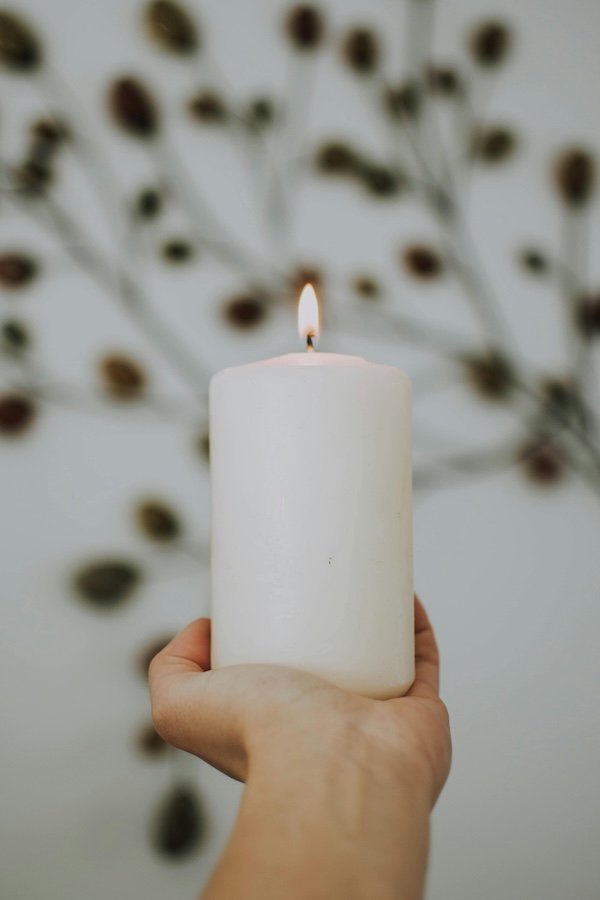
The Benefits of Tallow Candle-Making as a Hobby
Okay, so maybe you’re thinking, “Tallow candles? Really?” But hear us out! Taking up tallow candle-making as a hobby is surprisingly rewarding. It’s not just about making candles; it’s about connecting with a simpler time and creating something unique with your own two hands. Plus, there are some pretty cool benefits that you might not have considered.
Sustainability: A Renewable Resource
One of the biggest draws for us is the sustainability aspect. Tallow is a byproduct of the meat industry, so using it for candles is a great way to reduce waste. Instead of letting this resource go to waste, we’re repurposing it into something useful and beautiful. It feels good to know that we’re making something that’s a little kinder to the planet. Plus, compared to paraffin candles (which are made from petroleum), tallow is a renewable resource. It’s a win-win!
Creativity: Express Yourself
Seriously, candle-making is way more creative than you might think. We get to experiment with different shapes, sizes, and even scents. Want to make a batch of rustic, chunky candles for your cabin? Go for it! How about some delicate, floral-scented tapers for a dinner party? You got it! We can add herbs, essential oils, or natural dyes to create craft your very own candles that are totally unique. It’s a chance to let our inner artist shine, and honestly, it’s just plain fun.
Relaxation: A Calming Experience
In our crazy, always-on world, it’s nice to have a hobby that forces us to slow down. And tallow candle-making definitely fits the bill. The process of melting the tallow, adding scents, and pouring it into molds is surprisingly meditative. It’s a chance to unplug, focus on the task at hand, and enjoy the simple pleasure of creating something with our hands. Plus, the soft glow of a tallow candles we made ourselves? Super relaxing.
Honestly, there’s something really satisfying about making something from scratch. It’s a connection to the past, a way to be creative, and a chance to relax. So, if you’re looking for a new hobby, give tallow candle-making a try. You might just surprise yourself with how much you enjoy it. Plus, handmade candles make awesome gifts!
Optimizing Tallow Candle Performance: Tips for Quality and Longevity
To really get the most out of your tallow candles, it’s important to know how to keep them burning well and for as long as possible. We’ve learned a few tricks over time, and we’re happy to share them with you.
Choose the Right Wick
The wick is super important! Picking the right size and material is key for an even burn and less smoke. We usually go for cotton wicks because they’re natural and eco-friendly. It’s also important to consider the diameter of your candle when selecting a wick. A wick that’s too small won’t create a full melt pool, while one that’s too large can cause excessive smoking and dripping. Experimenting with different wick sizes is a good idea until you find the perfect match for your candle.
Trim the Wick
Before you light your tallow candle, always trim the wick. We aim for about 1/4 inch. This helps control the flame size, cuts down on smoke, and stops that annoying mushroom-shaped tip from forming. Trimming the wick regularly also prevents soot buildup, which can affect the candle’s scent throw and overall burn quality. It’s a small step that makes a big difference in how your candle performs.
Burn in a Draft-Free Environment
To get an even burn, put your tallow candle somewhere without drafts. Open windows or air vents can make the flame flicker, which leads to uneven burning and a shorter candle life. Drafts can also cause the candle to burn unevenly, creating tunnels or leaving wax residue on one side of the container. A stable environment ensures that the candle burns evenly and efficiently.
Burn the Candle for an Adequate Time
Let the candle burn long enough to create a full melt pool – where the entire top surface is melted. This stops tunneling, where the candle just burns down the middle, leaving wax around the edges. A full melt pool means an even burn and a longer life for your candle.
We’ve found that burning a candle for at least 2-3 hours during the first burn is crucial for establishing a good melt pool. This sets the stage for subsequent burns and prevents the candle from tunneling. It’s a bit of patience that pays off in the long run.
Tallow Candles in Traditional Medicine: Healing Properties and Folk Remedies
Tallow candles weren’t just for light; they also popped up in traditional medicine across different cultures. Let’s explore some of the ways these candles were thought to help heal.
Soothing the Body: Tallow as a Natural Emollient
In many cultures, tallow was valued for its ability to soothe and moisturize. Because of this, tallow candles were sometimes used to create salves and balms. These were used to treat skin issues like burns, rashes, and dry skin. The idea was that the natural fats in tallow could help to heal and protect the skin. It’s like a really old-school lotion!
Ear Candling: An Ancient Technique
Ear candling is an old practice that involves using a hollow candle, often made of tallow, to remove earwax and other stuff from your ears. The person doing the candling puts the lit end of the candle in your ear. The warmth and suction created were believed to help with ear-related problems. It’s a bit controversial now, but it was a common practice back then. We should always consult with a healthcare professional before trying alternative treatments like ear candling.
Tallow Candles and Aromatherapy
Some traditional medicine practices used tallow candles infused with herbs and essential oils for aromatherapy. The belief was that the scents released by the candles could help you relax, reduce stress, and even help with certain health problems. It’s like a two-for-one deal: light and healing scents!
It’s important to remember that while these are traditional uses, modern science may not fully support all of these claims. Always do your research and talk to a healthcare professional before trying any new treatment.
Conclusion: A Bright Future for Tallow Candles
So, as we wrap things up, it’s pretty clear that tallow candles are more than just old-school light sources. They’re a cool mix of history and new ideas. We’ve seen how they connect us to the past, how they can be good for the planet, and how they bring people together across different cultures. It’s not just about lighting up a room anymore. It’s about making smart choices, supporting local folks, and finding beauty in simple, natural things. We think these candles have a really bright future, showing us that sometimes, the best way forward is to look back at what worked before.
Frequently Asked Questions
What exactly are tallow candles?
Tallow candles are made from animal fat, usually beef or sheep. They were super common before electric lights and even before other kinds of candles became popular. People liked them because they burned for a long time and were pretty cheap to make.
Why would we choose tallow candles over other types?
We love tallow candles because they’re a natural product, which means they’re better for the environment than candles made from petroleum. Plus, they burn really slowly and give off a warm, soft light. They also connect us to old traditions and ways of doing things.
Is it hard to make our own tallow candles?
Making tallow candles is a fun and easy hobby! You melt down the animal fat, add a wick, and let it cool. You can even add essential oils for a nice smell or use different molds to make cool shapes. It’s a great way to be creative and make something useful.
How can we make our tallow candles last longer and burn better?
To make your tallow candle burn its best, always trim the wick to about a quarter-inch before lighting it. Also, try to burn it in a spot where there’s no draft, and let it burn long enough for the melted wax to reach all the way to the edges. This stops it from tunneling down the middle.
Are tallow candles good for animals or the environment?
We know some folks worry about using animal products. Tallow candles use a part of the animal that might otherwise be thrown away, which is good for reducing waste. But if you’re still concerned, there are other natural options like beeswax or soy candles that are also great.
Do tallow candles have any special uses or history beyond just lighting up a room?
Absolutely! Tallow candles have been used for centuries in many cultures, not just for light but also in old-time medicine for skin issues and even in spiritual practices. They’re a big part of human history and tradition all over the world.




